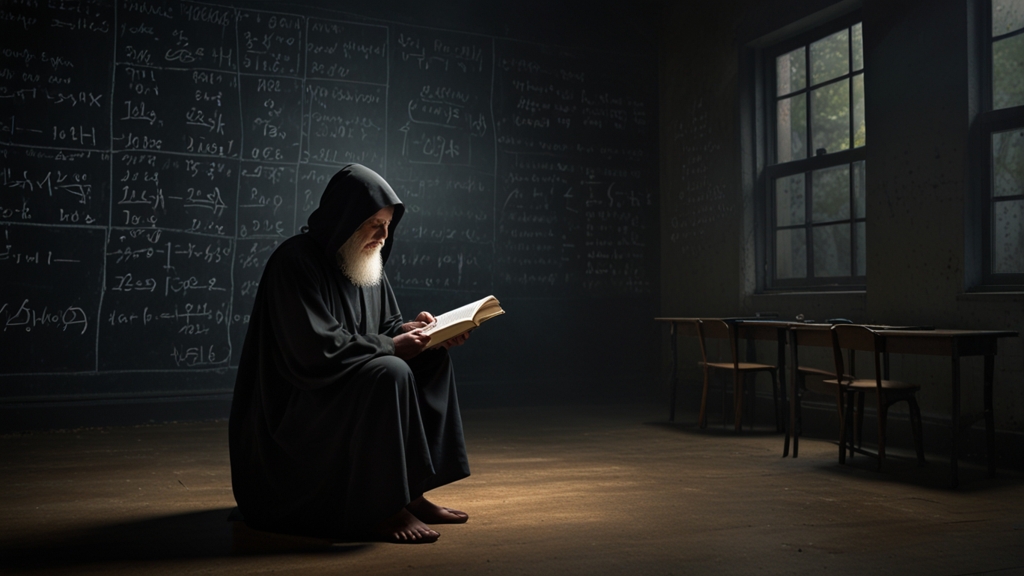Introduction
Our perception of reality is often taken for granted. We trust our senses, our experiences, and our logical deductions to give us an accurate picture of the world around us. However, metaphysics, a branch of philosophy that explores the fundamental nature of reality, challenges these assumptions and invites us to question the very fabric of existence.
The Nature of Perception
Perception is our window to the world. It is through sight, sound, touch, taste, and smell that we interact with our environment. But metaphysics prompts us to ask: Can our senses be trusted? What if our perceptions are mere illusions, shadows on the cave wall as Plato famously suggested?
The Metaphysical Perspective
Metaphysics extends beyond the tangible and the empirical to delve into questions of existence, identity, and change. It posits that reality might not be limited to what we can observe and quantify. The metaphysical perspective opens doors to concepts such as alternate dimensions, spiritual planes, and the possibility that the universe is an intricate simulation.
"Human beings, by changing the inner attitudes of their minds, can change the outer aspects of their lives." - William James
Challenging Objective Reality
The notion of an objective reality, a world that exists independently of our consciousness, is central to scientific enquiry. Yet, metaphysics disrupts this idea by suggesting that reality is inextricably linked with the observer. Quantum physics, with its strange phenomena like particle-wave duality and the observer effect, echoes this sentiment.
In essence, the act of observation itself might play a crucial role in shaping reality. This concept, often referred to as 'observer-dependent reality,' emphasizes that our minds are powerful enough to influence the external world, blurring the line between objective facts and subjective experiences.
Reality as a Construct
Another compelling idea put forth by metaphysics is that reality might be a mental or social construct. This perspective aligns with the philosophies of Immanuel Kant, who argued that we never perceive the world as it is, but rather as it appears to us through the lens of our cognitive structures.
"Reality is merely an illusion, albeit a very persistent one." - Albert Einstein
The Role of Consciousness
At the heart of the metaphysical inquiry into reality is the question of consciousness. What is the nature of conscious experience? Is it a mere byproduct of neural activity, or is it something more profound? Some metaphysical theories propose that consciousness could be a fundamental aspect of the universe, giving rise to what we perceive as the physical world.
Practical Implications
Understanding these metaphysical challenges to our perception of reality has profound implications. It can influence our approach to science, prompting us to consider the role of the observer and the limitations of empirical data. It also invites a more holistic approach to knowledge, where intuition, spirituality, and subjective experience are valued alongside rational analysis.
Conclusion
Metaphysics challenges us to step beyond the apparent and to question the very ground of what we consider real. It reminds us that our perceptions might be limited or even deceptive, urging us to remain open to new possibilities and perspectives. By shattering the illusions of a fixed, objective reality, metaphysics enriches our understanding of the universe and our place within it.
"The real voyage of discovery consists not in seeking new landscapes, but in having new eyes." - Marcel Proust










